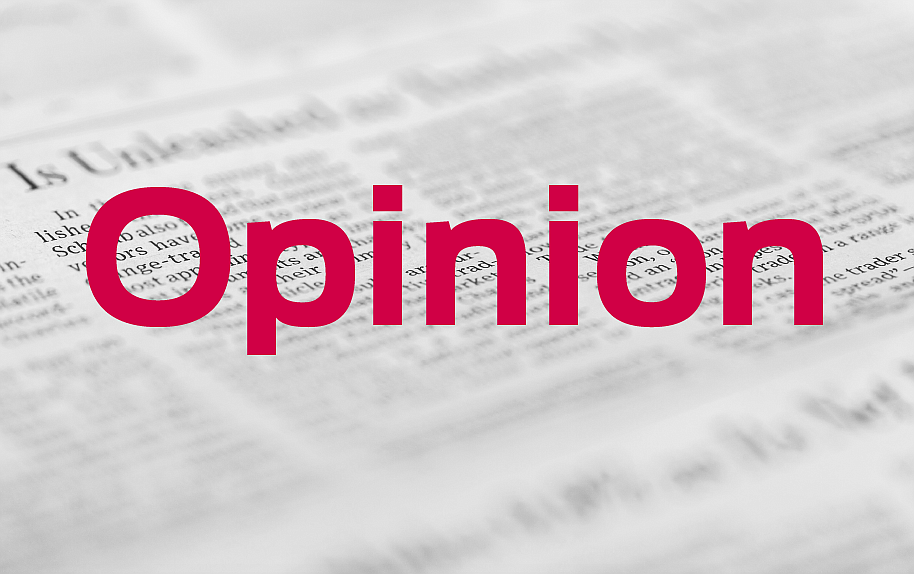- November 22, 2024
-
-
Loading

Loading

The 2020 general election is a little more than a year away, and while many of us already are weary of the Democratic Party’s presidential candidates, it is not too early to start raising your awareness of an issue that would be seriously detrimental to millions of Floridians if it were to pass.
That’s the voter initiative to raise Florida’s minimum wage 77%, to $15 an hour by 2026.
As of today, of the 25 potential constitutional amendments filed with the Florida Department of State for the 2020 election, organizers for the minimum wage amendment have obtained 762,007 valid voter signatures. They need 4,293 more signatures to have the measure reach the threshold for the ballot. The deadline to have 766,200 signatures certified is Feb. 1, 2020.
In all likelihood, this measure will be on the statewide ballot. And even though it is not as of now, Florida’s restaurant and hotel owners are grinding their teeth over the most certain destructive economic consequences that would occur if the amendment passes. The Florida Restaurant & Lodging Association is more dire. It says the measure’s passage would be “devastating to the hospitality industry.”
Now those who favor a mandated $15 an hour minimum wage might scoff at the restaurant and hotels owners and say their objections are predictable. Too bad if that higher cost will eat into their greed-based profits.
But those who favor raising the minimum wage might try to think through the actual consequences to understand and realize this is a terrible idea. Consider:
You have to ask yourself: Why should the government be involved in picking market winners and losers to begin with? Why should the government be involved at all at imposing wage levels? It shouldn’t.
What a business owner pays an individual is a peaceful, negotiated agreement between two people. If employers only offers $5, how likely are they going to find the employees they needs? If employees accept the $5 an hour, they have freely chosen to do so, which indicates that amount is satisfactory.
There truly is no need for government to set wages. The free market is better at that than any know-it-all in Congress or the Legislature.
And his point is this: The people at the lowest ends of the work force — those who need money the most — will be hurt the most.
How many people? Start with Florida’s teenage population: 1.2 million teens between the ages of 15 and 19. As Williams notes, if you raise the price of labor, you will be removing one of their best weapons to get a part-time job — their willingness to start at a low wage.
As the Florida Restaurant & Lodging Association notes: “Minimum wage jobs are … designed for those entering the workforce, learning the craft, building skills and opening doors for future opportunities.”
A $15 an hour minimum wage will have larger negative ripples throughout Florida’s economy than just with teenage labor. Indeed, it will have tangible negative effects on the 3 million Floridians who work in Florida’s hospitality industry as well.
Restaurant and hotel owners will reduce workers’ hours. They will shift more rapidly to automate as much as possible.
Likewise, when the cost of business rises, e.g., increased taxes (which essentially the minimum wage is), businesses don’t just eat the increased cost. They pass it on to consumers. All Floridians and tourists will pay more.
Here’s one more tangible and tangential effect: In Seattle, the vanguard of all things liberal, including the $15 an hour minimum wage, child care operators increased tuition prices and cut staff hours.
Don’t be fooled. Although you’re likely to hear the proponents of the $15 an hour minimum wage no one can live on less than that, the argument that often comes to mind is this: If raising the minimum wage is such a great idea, why not go all the way? Raise it to $200, $300, $1,000 an hour!